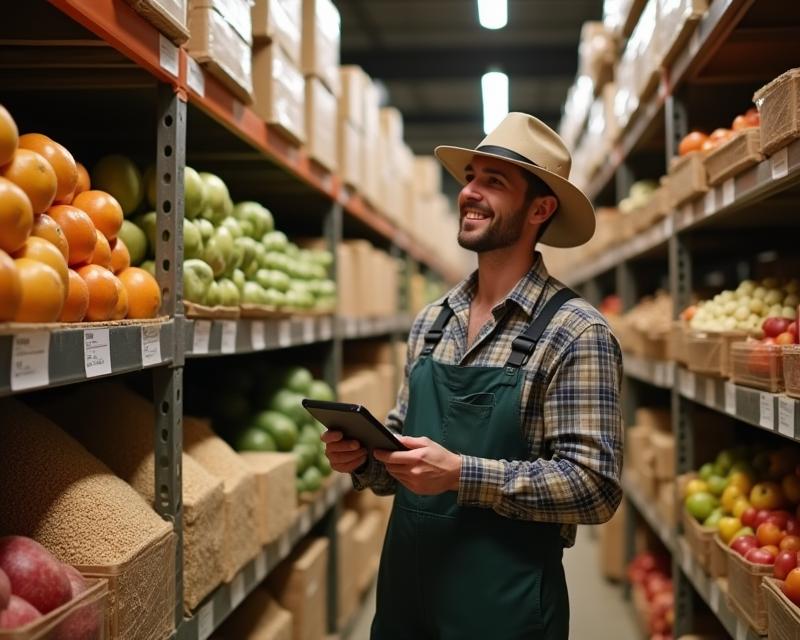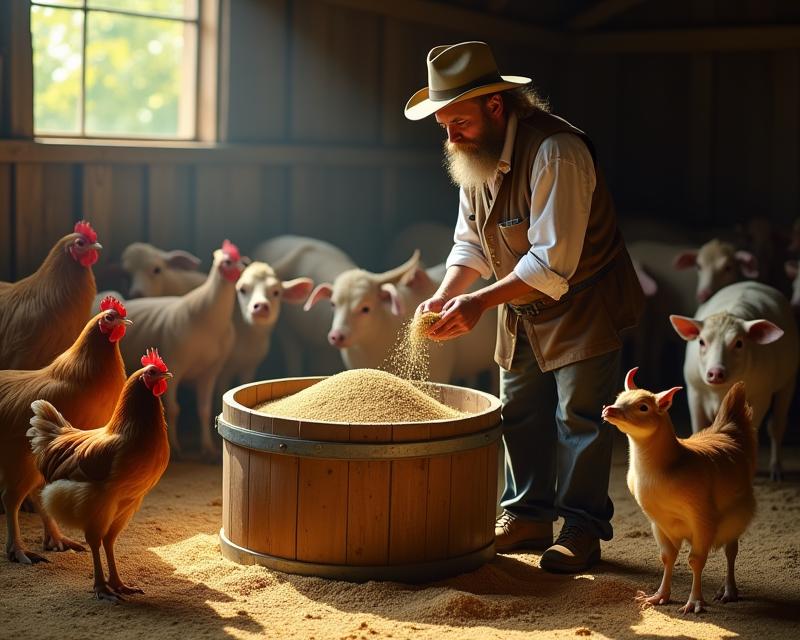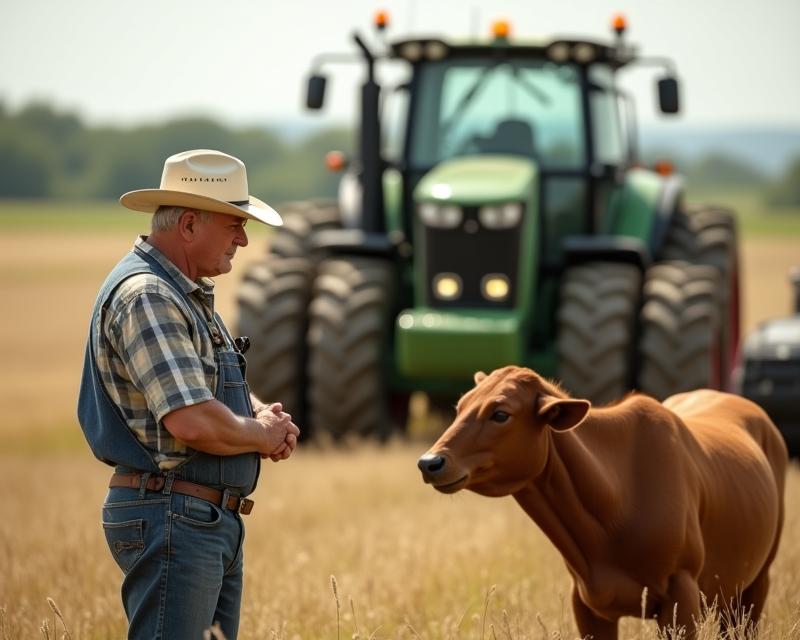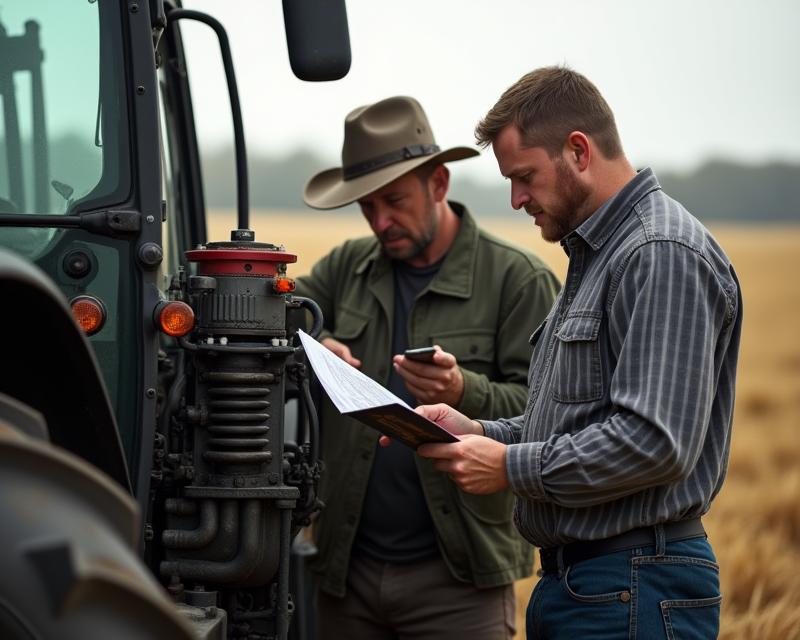Balers 101: When You Need One
Publish in Farm Business el 28/06/2025 22:26
Balers 101: When You Need One
For farmers, the end of the harvest often brings a mountain of hay, straw, or silage. Managing this material efficiently is crucial for livestock feed, bedding, and soil health. That's where balers come in! But with so many types available, understanding which one is right for your farm can be confusing. This article breaks down the basics of balers, explaining the different types and helping you determine if a baler is a worthwhile investment for your operation.
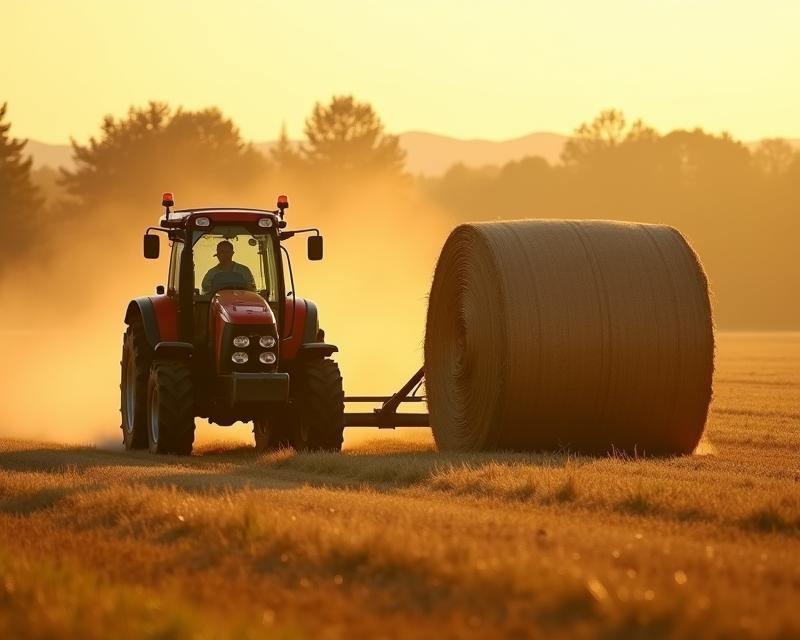
Types of Balers
There are primarily three types of balers: round balers, square balers, and small square balers. Round balers produce cylindrical bales, known for their space-saving efficiency and ease of handling with specialized equipment. Square balers create rectangular bales, which are often preferred for their higher density and suitability for certain types of machinery. Small square balers are designed for smaller farms or specific applications, producing smaller, more manageable bales.
When is a Baler Necessary?
The decision to invest in a baler depends on several factors, including the size of your farm, the type of crops you grow, and your livestock needs. If you regularly harvest hay or straw, a baler can significantly reduce labor costs and improve efficiency. Instead of manually stacking and tying bales, a baler can produce hundreds of bales in a single day. This frees up valuable time for other farm tasks. Furthermore, baling can help preserve forage quality, reducing spoilage and ensuring a consistent feed supply for your animals.
Considerations Before Buying
Before purchasing a baler, consider your farm's specific needs. What type of forage do you primarily handle? What is the size of your fields? Do you have access to a tractor with sufficient horsepower? Also, factor in the cost of the baler itself, as well as ongoing maintenance and repair expenses. Research different brands and models, read reviews, and talk to other farmers to get a better understanding of what's available and what works best. A baler is a significant investment, so careful planning is essential to ensure it's a valuable asset to your farm.
